
In the UK, health insurance plans can vary significantly in terms of what they cover, including dental care.
Most private health insurance plans in the UK do not cover routine dental care, such as check-ups and fillings.
However, some plans may offer optional dental insurance as an add-on, which can provide coverage for more extensive procedures like crowns and root canals.
It's essential to carefully review your policy to understand what is and isn't covered.
Consider reading: Global Ehic Card
UK Health Insurance and Dental Care
In the UK, dental care is not usually covered under a standard health insurance policy, but can be added on as a separate benefit.
This means you'll need to opt for dental cover, which is often referred to as a "bolt-on" benefit. It's a separate health plan that pays for the cost of dental care.
Dental insurance policies typically cover routine dental appointments, including checks, hygienist fees, x-rays, fillings, crowns, and tooth extractions. Limits vary, but are usually around £250 to £300 per year for routine dental care.

Some policies apply an automatic £50 excess, which may not be sufficient if you need more significant treatment. Private dental costs are rising, with a root canal costing £403 on average, depending on your postcode.
If you're looking for health insurance with dental cover, some policies offer this as an optional benefit. For example, Freedom Elite's dental, optical, and GP optional cover includes routine dental services and accidental dental injury fees up to £600.
Health cash plans can also provide dental cover as standard, with costs varying depending on the level of cover chosen. These plans can help financially support you when it comes to dentistry, covering treatment costs depending on the type of plan selected.
Here are some examples of what's typically covered under dental insurance policies:
- Routine dental appointments
- Routine check-ups
- Hygienist fees
- X-rays
- Fillings
- Crowns
- Tooth extractions
Keep in mind that these are just some examples, and specific coverages may vary depending on the policy. It's essential to review your policy details to understand what's included and what's not.
For more insights, see: Does Smoking Void a Life Insurance Policy
Understanding UK Health Insurance Plans
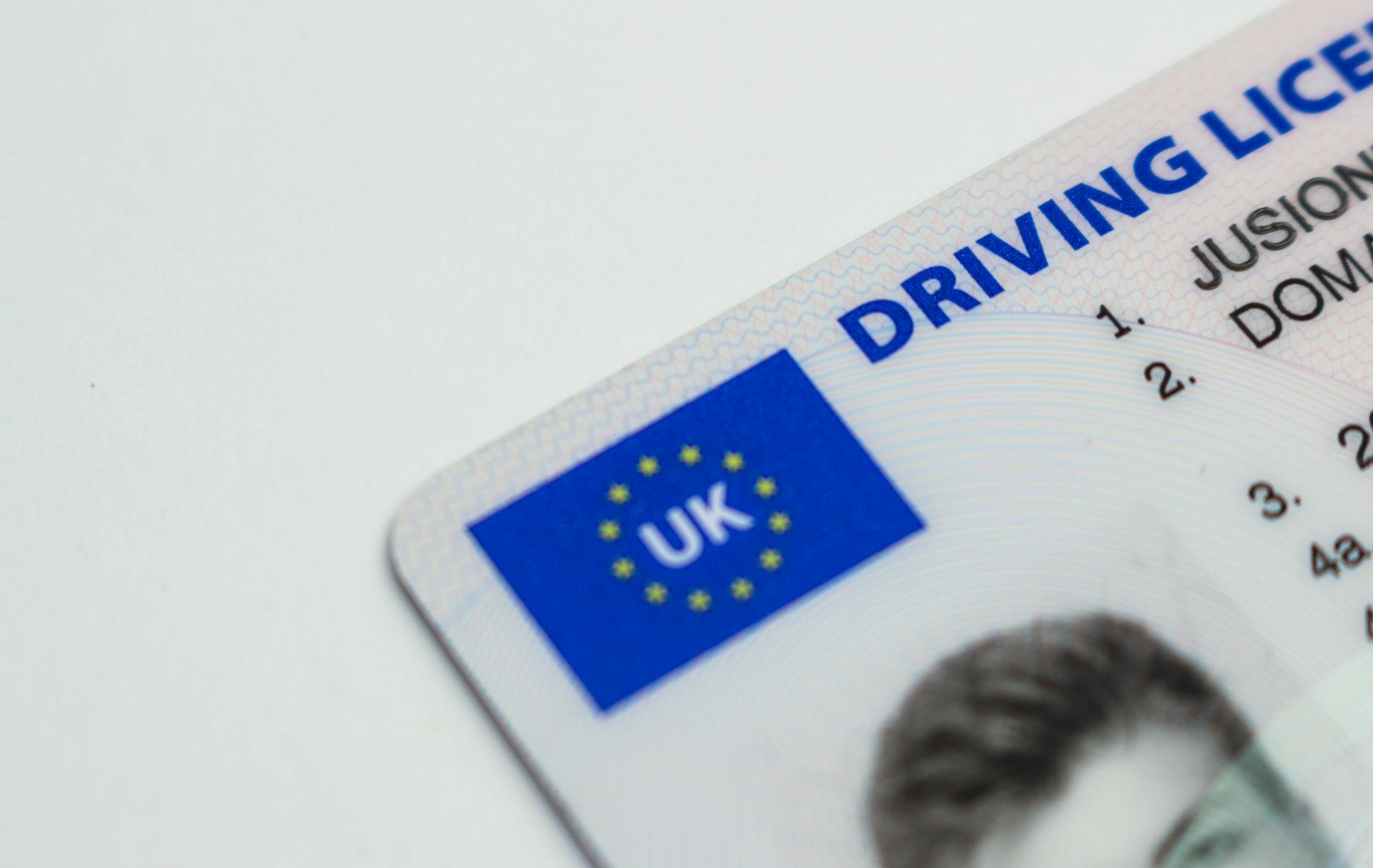
If you're considering purchasing health insurance in the UK, it's essential to understand what's included in the plan. Many leading insurers offer dental coverage as an add-on benefit, which can be a great way to save money on dental expenses.
AXA Health offers two different kinds of dental insurance, one for NHS treatment and another for private dental treatment. Bupa also offers dental insurance, with their Dental Cover 20 plan available to patients receiving private treatment. Simplyhealth offers four different levels of dental cover, ranging from £9.55 per month to £28.87 per month.
Dental insurance can be purchased as an add-on to your health insurance plan, which can provide access to a full range of treatments and services. However, your premiums will likely be higher than if you take out a separate dental insurance plan.
Here are some common procedures and treatments that private dental insurance policies in the UK cover:
- Common procedures: Simple extractions, filling crowns, dentures, and root canals
- Routine treatment: Check-ups, basic care, and X-rays
- Emergency services: Acute and unexpected conditions that require immediate treatment
- Impact injuries: Treatment for injuries caused by an external impact such as vehicular accidents; often exclude sport-related injuries
- Cancer treatment: Includes surgeries, radiation therapy, and chemotherapy for oral cavity cancers
Keep in mind that the cost of dental work can be expensive, especially if you require long-term dental care. Health cash plans, like those offered by the UK Healthcare plan, can help to financially support you when it comes to dentistry, covering treatment costs depending on the type of plan selected.
Benefits and Exclusions
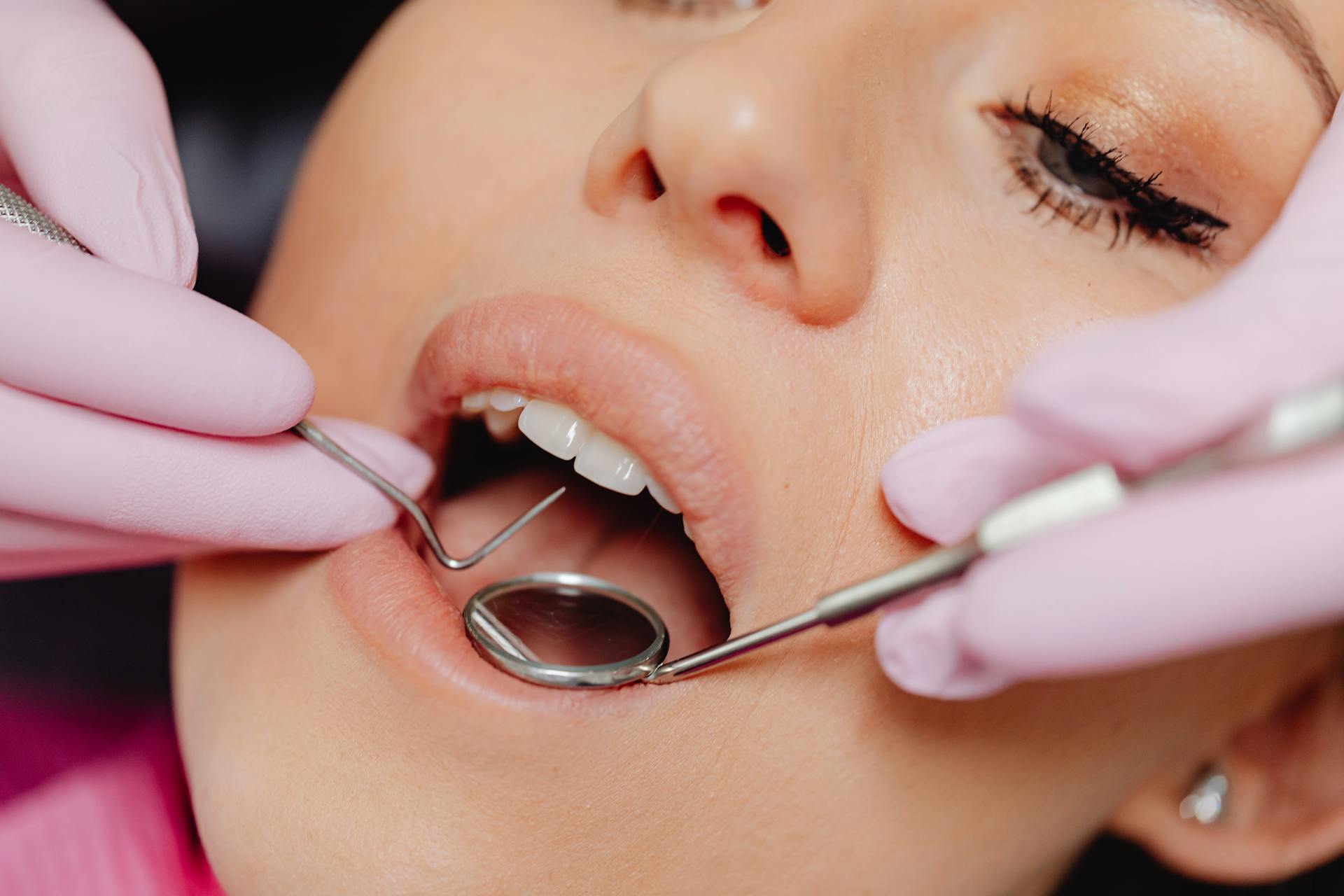
Health insurance in the UK is designed to cover medical necessities, not lifestyle choices.
Typically, health cover won't pay for cosmetic procedures like tooth straightening, whitening, or veneers. Laser eye surgery is also often excluded from optical cover.
What Is Included?
Routine dental treatment, such as regular check-ups, dental x-rays, and simple hygiene treatments like scaling, cleaning, and polishing, are typically covered under dental insurance.
Emergency care, including bleeding, abscesses, swelling, or trauma such as breaking or knocking out a tooth, is also covered.
Restorative or remedial dental treatment, including fitting dentures, crowns, fillings, bridges, etc., is usually included in dental insurance policies.
Oral surgery is another type of treatment that is often covered.
Most policies have an annual limit on how much you can claim for dental check-ups, eye tests, and treatment costs.
Here's a breakdown of what's typically included in dental insurance:
- Routine dental treatment
- Emergency care
- Restorative or remedial dental treatment
- Oral surgery
Keep in mind that some policies may have exclusions, such as cosmetic procedures like tooth straightening or whitening, which are not considered medical necessities.
Accidents
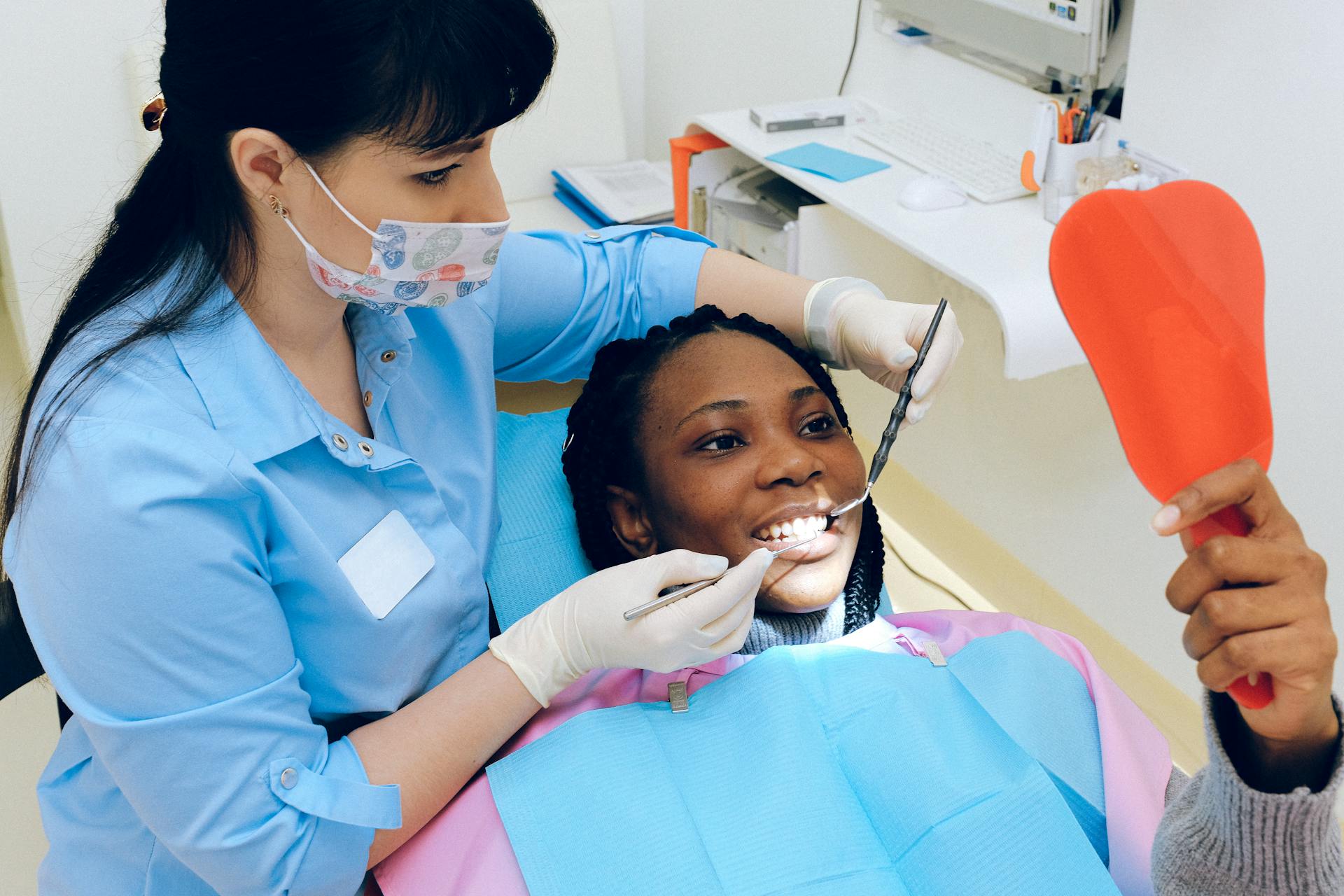
Accidents can be unpredictable and costly, especially when it comes to medical expenses. Typically, separate cover is provided for dental accidents.
Many insurers include this type of coverage in their policies. The limit for dental accident treatment is usually around £600.
Overseas cover for emergency treatment abroad is often included, so you're protected no matter where you are. This can be a huge relief if you're traveling and have an accident.
Cover for accidental dental injury treatment is available up to £600. This can help you cover the costs of unexpected dental expenses.
Intriguing read: Does Health Insurance Cover Motorcycle Accident Injuries
Cost and Access
Dental insurance in the UK can be as low as £65 annually, but it can also exceed £300. This wide range is due to various factors, including a person's dental history, age, gender, address, level of cover, and whether treatment will be conducted in an NHS practice or private clinic.
Cheaper policies may not always be the best option, as they often come with limited coverage and may end up costing more in the long run if you need extensive dental treatments.

You can also access dental care through the NHS, which covers treatments and services that are clinically necessary, such as check-ups, emergency appointments, X-rays, extractions, crowns, dentures, and fillings.
Here are some key differences between NHS and private dental insurance:
- NHS covers treatments that are clinically necessary, while private insurance may cover cosmetic treatments
- NHS has a three-tier pricing system in England and Wales, while Scotland requires residents to pay 80% of the treatment cost
Keep in mind that the NHS has limitations, including not covering dental implant treatments unless medically necessary, and not covering orthodontic treatments for adults.
Cost Estimate
Dental insurance in the UK can go for as low as £65 and exceed £300 annually.
Several factors influence the cost of dental insurance, including a person's dental history, age, gender, address, level of cover, and whether treatment will be conducted in an NHS practice or private clinic.
The cost of dental insurance can vary greatly, depending on these factors.
Here are some key factors to consider when choosing a policy:
- A person’s dental history
- Age
- Gender
- Address
- Level of cover
- Whether treatment will be conducted in an NHS practice or private clinic
Opting for a less expensive plan with limited coverage can cost you more in the long run, especially if you require more extensive dental treatments and procedures.
NHS Access
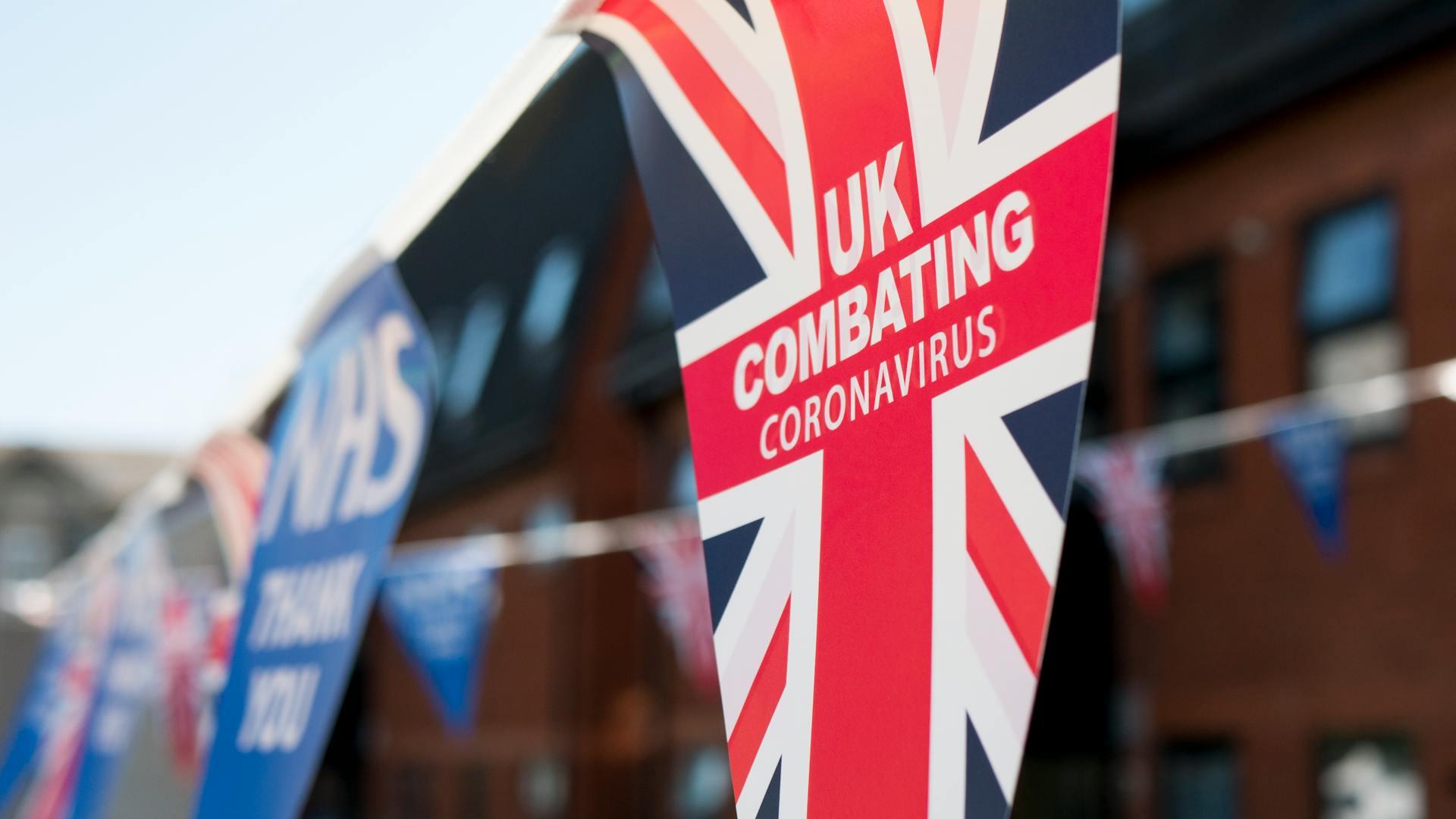
If you're looking for affordable dental care, you can access it through the NHS.
Dental care is available through the NHS, but coverage is limited to treatments that are clinically necessary.
You can get check-ups, emergency appointments, X-rays, extractions, crowns, dentures, and fillings at no cost or with government subsidization.
Dental implant treatments may be covered if they're necessary for medical reasons, but this is rare.
Orthodontic treatments like braces are covered for children under 18, but they must meet eligibility requirements.
Cosmetic treatments like composite bonding and teeth whitening are generally not covered.
If you're not eligible for free dental care, the government will still subsidize the cost.
In England and Wales, a three-tier pricing system is used, while in Scotland, residents pay 80% of the treatment cost.
You can check the details of NHS dental costs in your region on government websites like the National Health Service (England), National Health Service 111 Wales, Scottish Government, or Business Services Organisation (Northern Ireland).
You might enjoy: New England Dental Insurance
Optical and Work

Optical and Dental Cover is an optional extra you can add to your health insurance policy. You can also buy a cash plan, which is available as a standalone plan or added to your health insurance.
You can claim on your health insurance and your insurer pays your dentist or optician for your treatment. This is the main difference between health insurance and a cash plan.
With a cash plan, you pay your treatment costs upfront and claim reimbursement.
Related reading: Health Cash Plan
Why Consider UK Health Insurance
Considering UK health insurance is a smart move, especially for those who want to avoid hefty medical bills. The average cost of a single hospital stay in the UK can range from £1,000 to £10,000 or more, depending on the treatment.
UK health insurance can provide financial protection against such costs. According to the article, some policies even cover private hospital rooms, which can be a big plus for those who value their comfort and privacy.
Suggestion: Hospital Insurance Cover
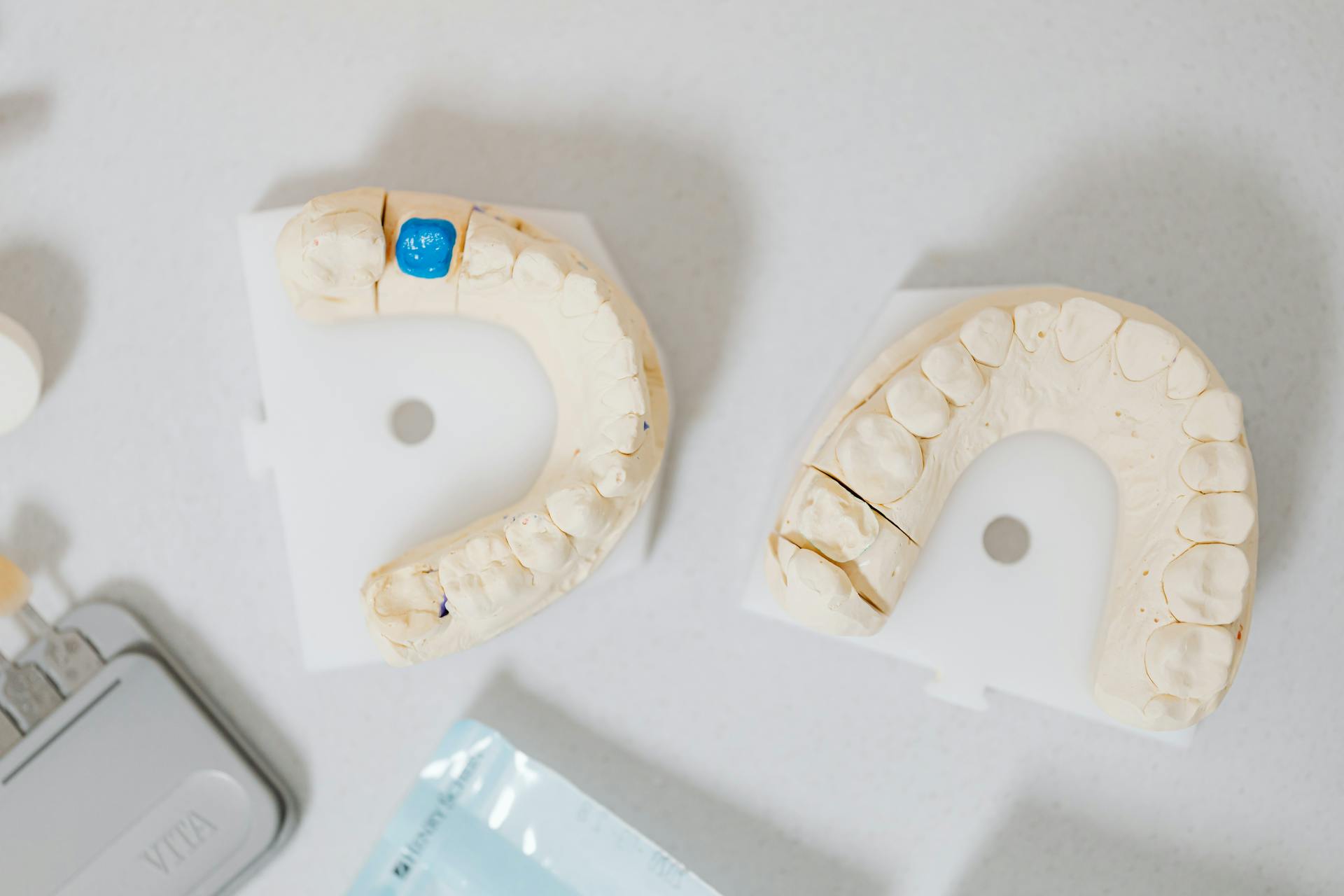
For example, a private hospital room can cost upwards of £1,500 per day, a cost that can quickly add up.
Having UK health insurance can also give you access to quicker treatment and shorter waiting times. In some cases, you can even get treated within a few days, compared to the NHS waiting times of several months.
In fact, some policies offer direct access to specialist consultants, which can be a huge relief for those who need urgent medical attention.
Here's an interesting read: Dental Insurance Nebraska No Waiting Period
Frequently Asked Questions
Does the UK have free dental care?
In the UK, free NHS dental care is available to certain groups, including under 18s, pregnant women, and those being treated in an NHS hospital. However, not everyone is eligible, so it's worth checking the NHS website for more information.
Do you have to pay for a dental hospital UK?
In the UK, most NHS dental treatments are free for eligible patients, but some cosmetic adjustments and lost/damaged retainers may incur a charge. Check your eligibility and treatment costs at your local dental hospital.
Sources
- https://healthplan.co.uk/covers/dental-cover/
- https://www.insurancebusinessmag.com/uk/guides/dental-insurance-in-the-uk-435479.aspx
- https://www.mytribeinsurance.co.uk/knowledge/what-is-dental-and-optical-insurance
- https://www.freedomhealthinsurance.co.uk/health-insurance-with-dental-cover
- https://www.ukhealthcare.org.uk/dental-benefits/
Featured Images: pexels.com


